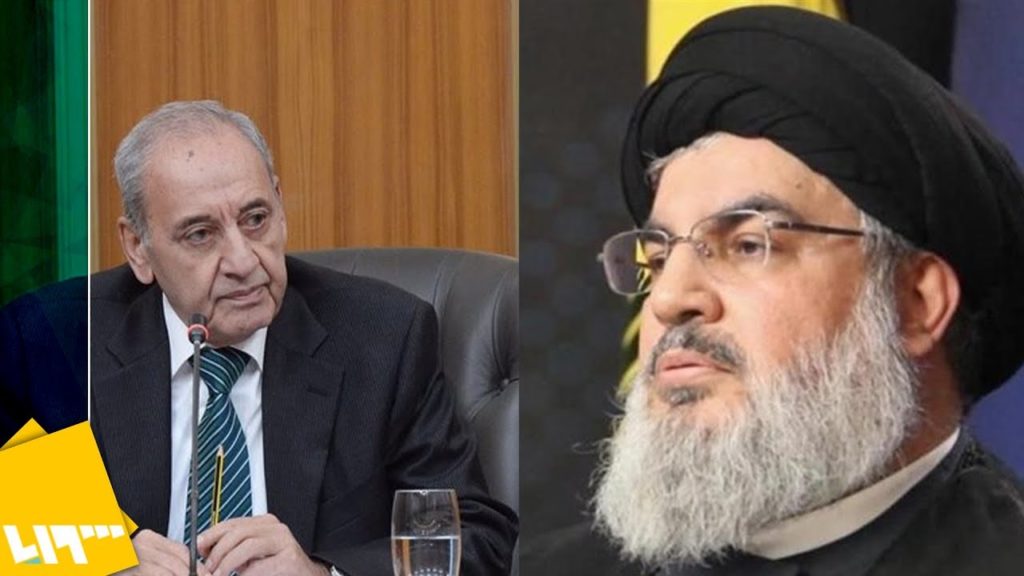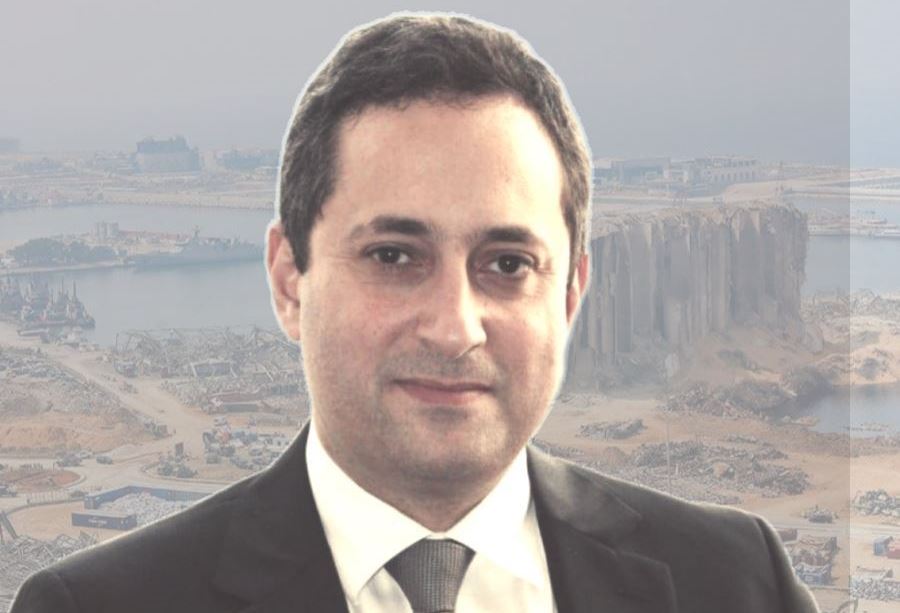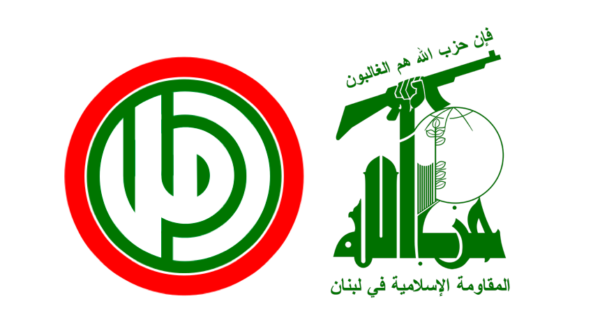
After 4 months of disrupting the Lebanese cabinet of PM Najib Mikati by preventing it from holding any meeting until their demands are met, the so called Shiite Duo of the Iranian backed -Hezbollah militant group and its ally the Amal Movement blinked first and pledged that their ministers will now return to the cabinet to allow it to hold its meetings .
This comes after Mikati refused to hold any meeting until all the ministers attend stressing that it is necessary to hold a Cabinet session to approve the state budget amid Lebanon’s negotiations with the International Monetary Fund.
The cabinet has not convened since October 14, when a stormy session was held in which the two parties demanded the removal of Beirut port blast investigator Judge Tarek Bitar over alleged bias.
The 2 parties have not given up on their demand , which they will continue to pursue :
“The Amal Movement and Hezbollah stress that they will continue to work for the rectification of the judicial course,” the two parties said in a joint statement on Saturday.
Their return is only temporary
“Responding to the needs of honorable citizens and heeding the calls of the economic, professional and syndical sectors, and to prevent being accused of obstruction while we are the most keen on Lebanon and its people and social security, we announce our approval to attend the Cabinet sessions dedicated to passing the state budget and discussing the economic recovery plan and everything related to improving the living situations of the Lebanese,” Hezbollah and Amal added.
The corrupt and incompetent Lebanese authorities have deliberately plunged the country into one of the worst economic crises in modern times, demonstrating a callous disregard for the rights of the population, Human Rights Watch said Thursday in its World Report 2022.
The impact of the economic crisis on residents’ rights has been catastrophic and unprecedented. Almost 80 percent of Lebanon’s population now lives under the poverty line, with 36 percent in extreme poverty – up from 8 percent in 2019. Yet, Lebanese authorities have stubbornly refused to carry out any reforms to mitigate the impact of the crisis, and they have repeatedly delayed promised social protection plans.

“The clear indifference of Lebanese policymakers to the suffering of the population amid one of the worst economic crises in modern times borders on the criminal,” said Aya Majzoub, Lebanon researcher at Human Rights Watch. “The international community should use every tool at its disposal to pressure Lebanese policymakers to put in place the reforms necessary to pull Lebanon out of this crisis, including by imposing sanctions against leaders responsible for the ongoing grave human rights violations.”


Leave a Reply
You must be logged in to post a comment.